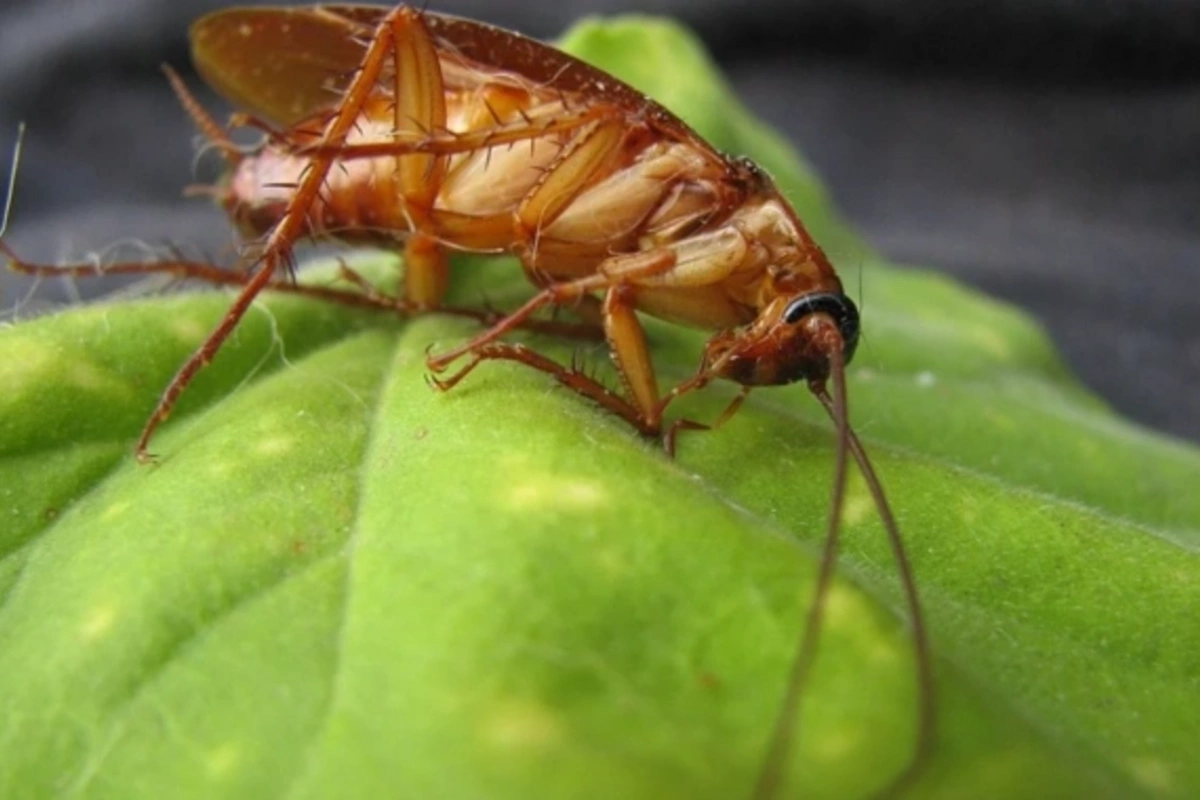11 Jun , 17:51
0

A real-life nightmare: cockroaches can actually enter the human ear
It sounds like an urban legend or a scene from a horror movie, but medical practice confirms - cockroaches can crawl into a human ear, turning an ordinary sleep into a real nightmare.
This phenomenon is especially common in countries with hot climates, where insects are active around the clock. The human ear represents an ideal shelter for a cockroach - a warm, dark, and moist space where it can freely enter.
Most often, the unpleasant incident occurs during sleep. The insect is attracted by the smell of sweat, earwax, or simply the heat emanating from the body. Once inside, the cockroach begins to move actively, causing acute discomfort, itching, rustling sounds, and sometimes intense pain. Some victims describe a strange "buzzing" - this happens when the insect gets stuck with its wings forward and unsuccessfully tries to escape.
An alarming fact is that many people initially do not recognize the true cause of discomfort. The sensations are often mistaken for an ear plug, infection, or pressure. Attempts at self-treatment using oil, water, or alcohol can lead to the death of the insect inside the ear canal, which can result in inflammation and infectious complications.
Medical statistics are relentless: cases of extracting cockroaches from patients' ears are regularly recorded in clinics around the world. Doctors extract both living and dead insects. There have been cases where cockroaches remained in the ear for more than a day, managing to damage the eardrum or cause serious tissue swelling.
In particularly rare but documented cases, insects even laid eggs while being in the ear canal for a sufficient amount of time. Although such situations are exceptional, the fact itself causes justified concern.
If you feel movement in your ear, it's important to stay calm but act immediately. It is strongly advised against trying to extract the suspected insect with cotton swabs or tweezers - this can worsen the situation by pushing the "uninvited guest" deeper. The optimal solution is to seek immediate medical attention, where a professional will extract the insect under local anesthesia.
Our world is full of surprises, and sometimes they can literally be in our head - or more precisely, in our ear.